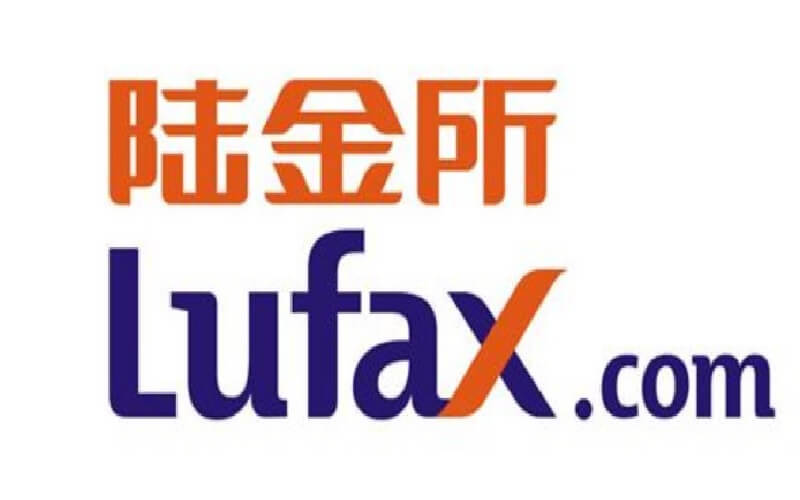
China’s largest online wealth management platform, Shanghai Lujiazui International Financial Asset Exchange, or Lufax, is seeking a valuation of $60 billion with its April initial public offering in Hong Kong, the South China Morning Post reported on Monday.
Shanghai-based Lufax, which was set up by Ping An Insurance Group (601318.SS) (2318.HK) in 2011, aims to file a listing application at the end of January, the newspaper said, citing sources close to the company.
Lufax is expected to sell $6 billion-$9 billion worth of shares in the IPO, representing 10 to 15 percent of its valuation, one source told the newspaper.
The company was valued at $18.5 billion when it raised $1.2 billion from a group of investors in early 2016. (bit.ly/2mDzQFB)
Ping An shares listed in Hong Kong jumped nearly 4 percent to a record on Monday.
Lufax declined to comment when contacted by Reuters. Ping An did not immediately respond to a request for comment.
With a $60 billion valuation, Lufax would become the second mega fintech share offering in Hong Kong after ZhongAn Online Property & Casualty Insurance Co Ltd (6060.HK), which raised $1.5 billion in September, giving it a valuation of $13 billion.
Lufax is set to become China’s second most valuable fintech firm after Alibaba’s (BABA.N) affiliate, Ant Financial, which was valued at $75 billion by CLSA in 2016, the newspaper said.
In December, Lufax had mandated Citic Securities, Citigroup, JP Morgan, Morgan Stanley and Goldman Sachs as joint sponsors for the float, according to IFR, a Thomson Reuters publication.
Hong Kong is now set to allow dual-class shares under rule changes to be proposed by the city’s stock exchange as it raises the stakes in its battle against New York for blockbuster Chinese initial public offerings.
Such shares grant differentiated voting rights and underpin the alternative governance and shareholding structures favored by many owners of new age industries such as technology.
Source: Reuters